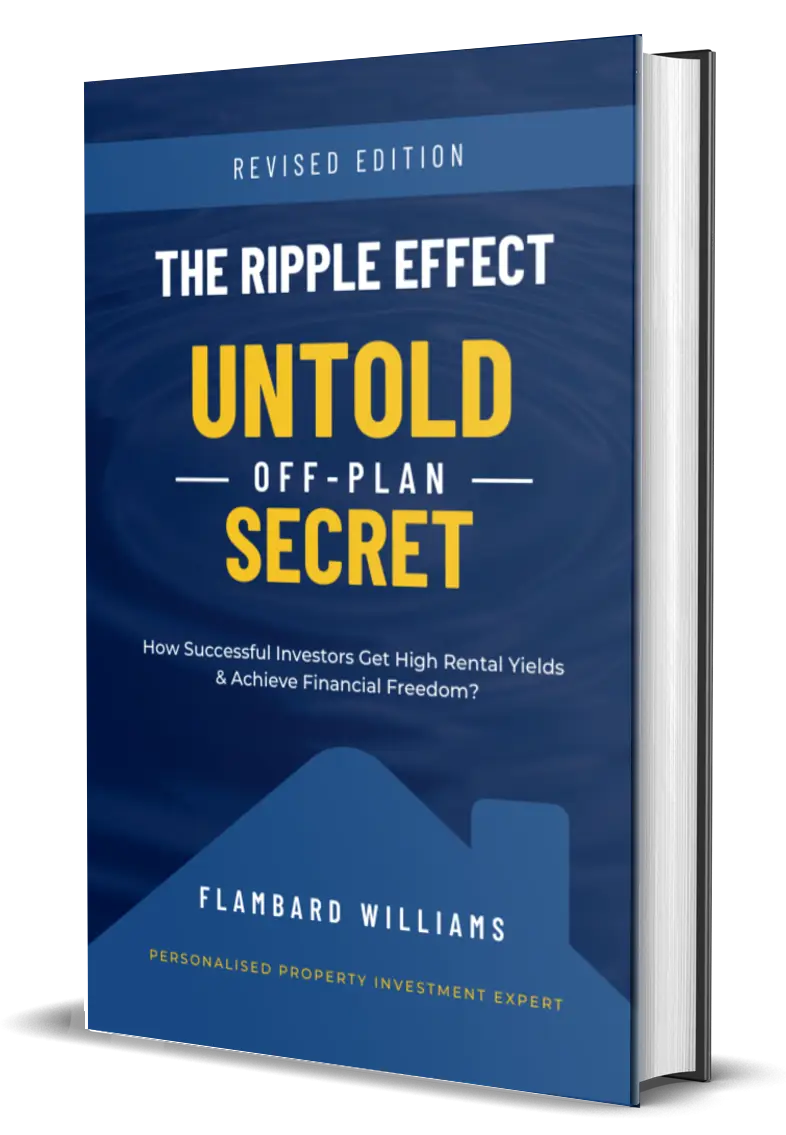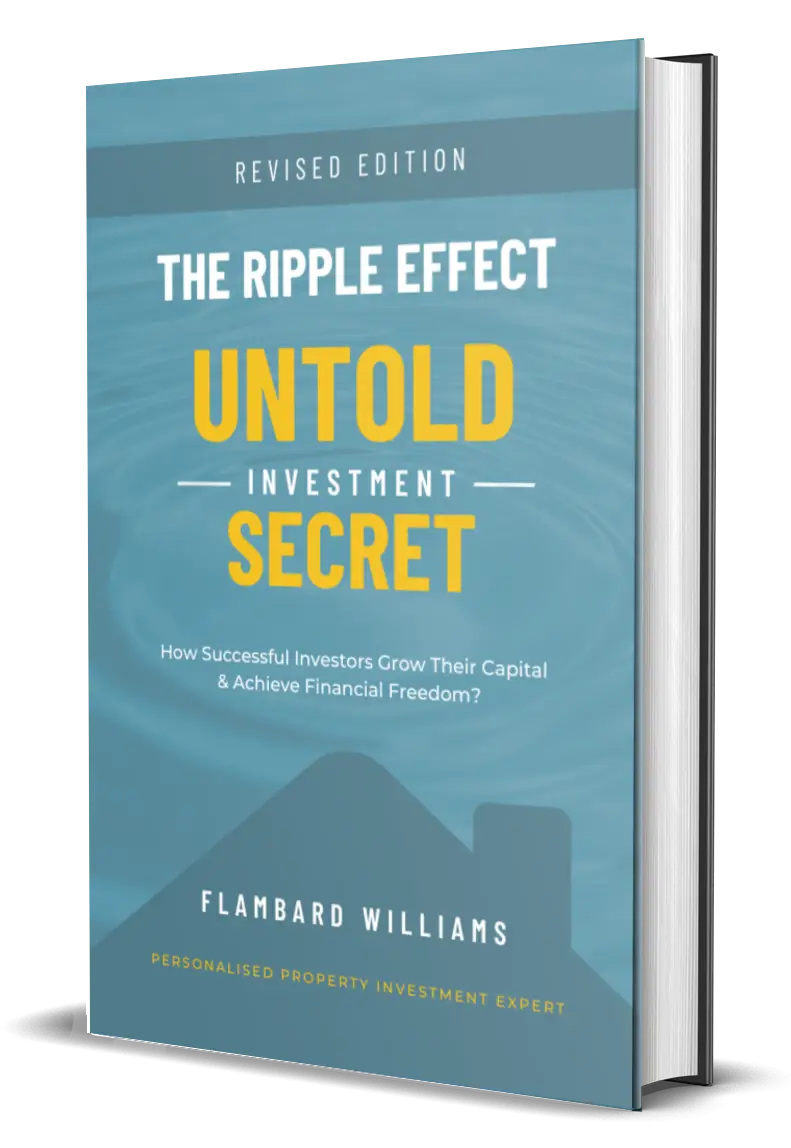Take the First Step Toward Property Investment Success!
Are you eager to invest in property but worried about the risks?
This exclusive event is for you! Gain the essential knowledge and expert insights to confidently step into the property investment market!
Join Our Free First-Time Investor Conference
- Thursday, 9th January 2025
- 17:00, GMT +01:00
- Flambard Williams Office, Canary Wharf, London
Limited Spaces Available – Reserve Your Seat Now!
Register today to secure your place at this must-attend event for first-time investors. Simply fill in your details below, and we’ll save your spot.



Multi-award-winning property specialists
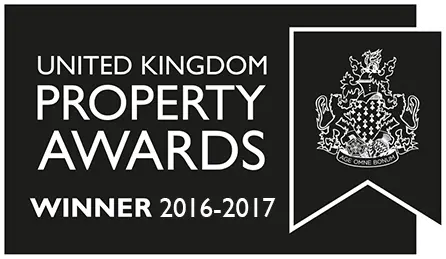
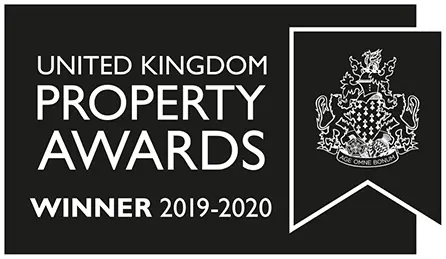
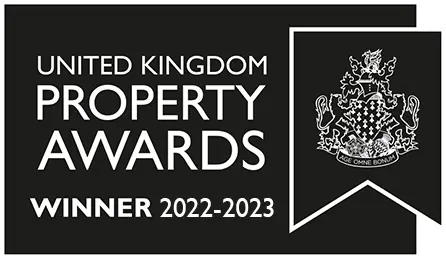
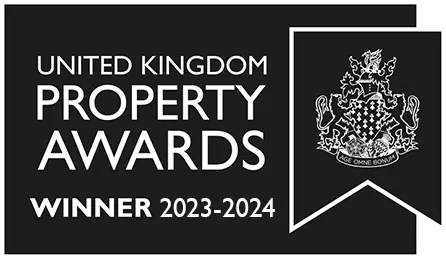
Why Attend This Webinar?
What You’ll Learn
- How to Navigate the UK Property Market Confidently as a New Investor
- The Step-by-Step Process to Build a Strong Investment Portfolio
- Effective Strategies to Lower Risks and Boost Your Returns
- Best Ways to Finance Your First Property
- Tips on How to Pick the Right Properties and Locations
About Flambard Williams
At Flambard Williams, we help you navigate property investment. We provide personalized strategies and expert advice to make the market easier to understand. Our goal is to equip you with the knowledge and tools you need to achieve financial independence through smart property investments.


Meet Your Host
Christopher Whetstone Managing Director, Flambard Williams
Christopher Whetstone has a wealth of experience in the property investment sector, having guided numerous clients to successful investment outcomes. His deep understanding of market trends and investment strategies makes him a trusted advisor and sought-after speaker.
Limited Spaces Available – Reserve Your Seat Now!
Register today to secure your place at this must-attend event for first-time investors. Simply fill in your details below, and we’ll save your spot.

Frequently Asked Questions
This event is perfect for anyone looking to start their property investment journey, especially first-time investors in the UK property market. Even if you have some experience and want to sharpen your investment skills, you’re welcome to attend!
Yes! The conference is completely free. We’re committed to providing you with valuable insights and expert knowledge to help you succeed in your property investment journey.
Join us in person at our Flambard Williams office, located on Floor 6, 30 Churchill Place, London, E14 5RE.
The amount you need depends on the type of property and where it is. Usually, you’ll need at least a 25% deposit for a buy-to-let mortgage. You should also budget for extra costs like legal fees, stamp duty, and property management. Many investors start with £50,000 to £100,000, but some options, like off-plan properties, can require less.
The best type of property depends on your goals. Buy-to-let residential properties in popular areas are a good choice because they can provide rental income and appreciate in value over time. Other options include off-plan properties, and student accommodation, each with different risks and rewards.
Choosing the right location is crucial. Look for areas with strong rental demand, good transport links, growing infrastructure, and employment opportunities. Cities with universities, growing populations, or regeneration projects tend to offer excellent investment opportunities. Research the local market and trends, or work with experts who can guide you toward emerging hotspots.
You have two options for managing your investment property. You can handle it yourself, which means dealing with tenant questions, maintenance, and legal requirements. The other option is to hire a property management company, especially useful if your property is in another city or country. They usually charge about 10-15% of the monthly rent but can save you a lot of time and effort.
Both options have benefits. Investing locally allows you to be hands-on with your property, but opportunities might be limited depending on your area. Investing in other cities, particularly those with higher yields or growth potential, can offer better returns, but you may need to rely on property management services to oversee the property.
A buy-to-let mortgage is specifically for properties that you intend to rent out. You’ll need a larger deposit (typically 25% or more) and the interest rates may be higher than on residential mortgages. The amount you can borrow depends on the potential rental income from the property rather than just your personal income.
Rental yield is a key measure of the return on your investment. It’s calculated by dividing your annual rental income by the property’s purchase price, then multiplying by 100 to get a percentage. For example, if your annual rent is £10,000 and the property costs £200,000: (£10,000 ÷ £200,000) × 100 = 5% yield. A good yield depends on your area, but anything above 5-7% is considered solid.
Like any investment, property carries risks. These include property values falling, difficulties finding tenants, or unexpected maintenance costs. Interest rates on mortgages could also rise, affecting your profitability. However, property is often seen as a lower-risk, long-term investment compared to other asset classes, especially when bought in the right market.
As a property investor, you’ll be responsible for several taxes, including:
- Stamp Duty: Payable on the purchase of a property, with higher rates for additional properties.
- Income Tax: On your rental income, though you can deduct certain expenses.
- Capital Gains Tax: If you sell the property for a profit.
Off-plan properties are bought before they’re completed or even started. These properties are typically sold at lower prices compared to completed properties, offering potential capital growth by the time they are finished. However, there’s a level of risk as you are relying on the developer to complete the project on time and within the expected quality.
Property investment is generally considered a long-term strategy. Many investors hold properties for at least 5-10 years to benefit from both rental income and capital growth. However, the ideal holding period depends on your personal goals, market conditions, and the type of property you invest in.
Good tenants can be found through various channels, such as working with reputable letting agents, listing your property on major rental platforms, or relying on word of mouth. Make sure to screen tenants properly by checking their references, credit history, and employment status to minimize risks.
Vacancy periods can happen, especially in off-peak seasons or less desirable areas. It’s important to budget for these scenarios and ensure you have enough financial cushion to cover mortgage payments and other expenses. Working with property management companies and investing in high-demand areas can help reduce vacancy risks.
In addition to buy-to-let mortgages, other financing options include bridging loans, peer-to-peer lending, and joint ventures. Some developers also offer payment plans on off-plan properties. Always compare the interest rates, terms, and risks before committing to any financial product.
Here’s a simple roadmap:
- Set your goals: Decide on your investment strategy (buy-to-let, off-plan, etc.).
- Research: Investigate the market and locations that align with your goals.
- Finance: Secure your financing, whether it’s through a mortgage, savings, or other sources.
- Find a Property: Work with estate agents or property consultants to identify opportunities.
- Due Diligence: Check the property’s condition, market potential, and legal status.
- Purchase: Finalize your mortgage, conduct surveys, and close the deal.
- Manage or Rent: Either manage it yourself or hire a property management firm to handle rentals.
Book an appointment with our experts

Our Location
Flambard Williams, Floor 6, 30 Churchill Place, London, E14 5RE















 Exclusive Property Launch Invitations
Exclusive Property Launch Invitations Customised Market Reports
Customised Market Reports Exclusive Access to Off-Market Properties
Exclusive Access to Off-Market Properties Networking Events
Networking Events